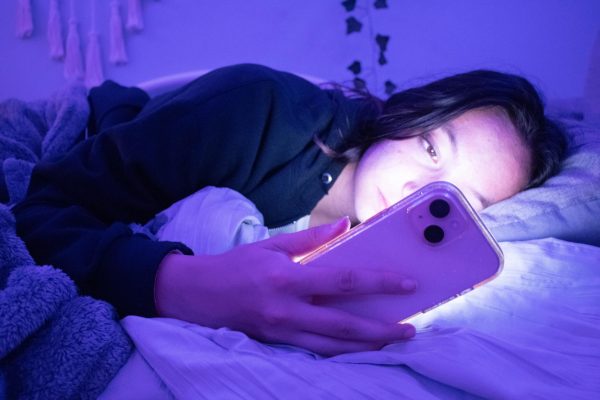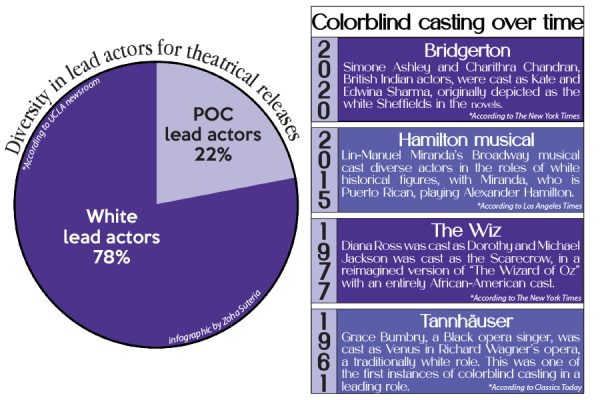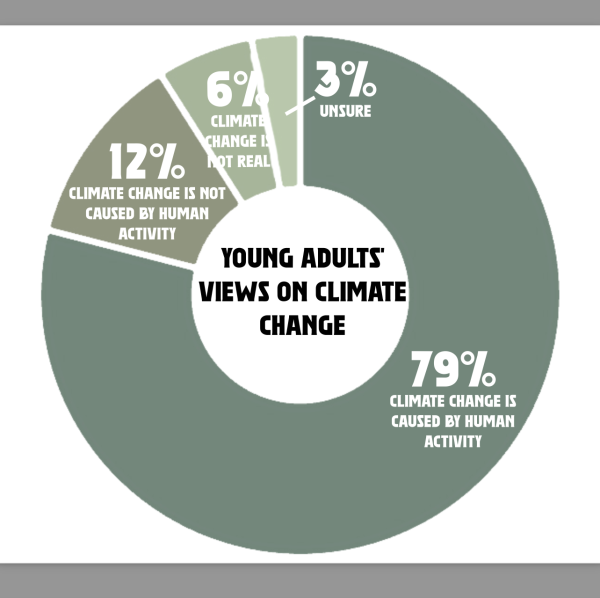Self-confidence exceeds adherence to beauty standards

Illustration by Chaeyeon Park
February 9, 2018
To walk the streets of Seoul, South Korea without seeing something even remotely related to plastic surgery is almost impossible. From the subway station walls lined with advertisements, to people walking around with masks, or sunglasses covering the places they “fixed”, plastic surgery is embedded in the culture.
Although it may be more uncommon in America, the saying “Looks are everything” is something Koreans almost live by. For Korean women especially, beauty is an unsaid requirement and advantage for certain occupations, like a stewardess or announcer. If you do not match the company’s standards for beauty, you cannot be employed no matter how qualified you are in other aspects.
For several reasons, like the influence of K-pop and Korean entertainment and the rapid advancement of medical technology, plastic surgery has been normalized. According to The New York Times, a 2009 survey conducted by Trend Monitor showed 20 percent of all surveyed Seoul women between ages 19 and 49 said they’ve gotten plastic surgery. Nine years later, this percentage has most likely increased, while also coming to include younger people.
Plastic surgery has evolved into a gift in the Korean culture; minors as young as 16 can get the surgery as birthday gifts or later as graduation presents. Because the stigma in Korea against plastic surgery has disappeared, a child’s parents may even strongly recommend their child to get it, whether they want it or not. Little did I know I would become one of them.
A few months ago, I received my first recommendation for me, a double-eyelid surgery from my mother. The most popular type of plastic surgery in Korea, doctors manipulate creaseless eyelids and create one through incisions, folds or another method. Essentially, it allows a typical Asian eye to become bigger and rounder, fitting the Korean beauty standards.
Although I had expected the question, I wasn’t expecting how affected I would be by it. The first time she asked me, I laughed it off because I thought she was kidding. But then she asked again and again. I felt something churn inside of me as questions ran through my head: Why was she asking? Was I not pretty enough for her? Why did she keep asking me after I already said no?
After asking my mom why she recommended plastic surgery to me, she said it was because I looked uncomfortable when I opened my eyes. After a previous consultation with a plastic surgeon, she found almost two-thirds of my eye were covered by my eyelid, constricting my vision. Once I understood my mom’s intentions, I let go of my distress. Still, I couldn’t forget what it felt like to be even asked about surgery in the first place. After years of building up self-confidence, one question had the power to bring it all down.
Although it’s pretty clear I’m not in favor of plastic surgery, I am definitely not saying it is a bad thing or that people who really want to do it shouldn’t. If you want to get plastic surgery or if you think you absolutely need it, there’s nothing stopping you. Instead, I am saying that nobody should be feel pressured or obligated to change the way they look based on the beauty standards of people or society.
If one person in the world calls you ugly or says you should get plastic surgery to look “better,” altering the way you look according to what that person desires could cause someone else in the world to say, “You looked better before” or “That was a mistake.” Basically, it’s impossible to make everyone happy. But the bigger question is: why should you even consider changing the way you look to make other people happy?
This question ties the issue of imposed plastic surgery to the numerous issues of beauty itself. The problem may be complicated but the solution is simple: instead of adjusting the way you look to a person or the world’s guidelines for beauty, make a guideline for yourself. Whether it is the world’s standards of beauty, America’s standards, Korea’s standards, your friend’s standards or anyone else’s, none of them ultimately matter except your own.














